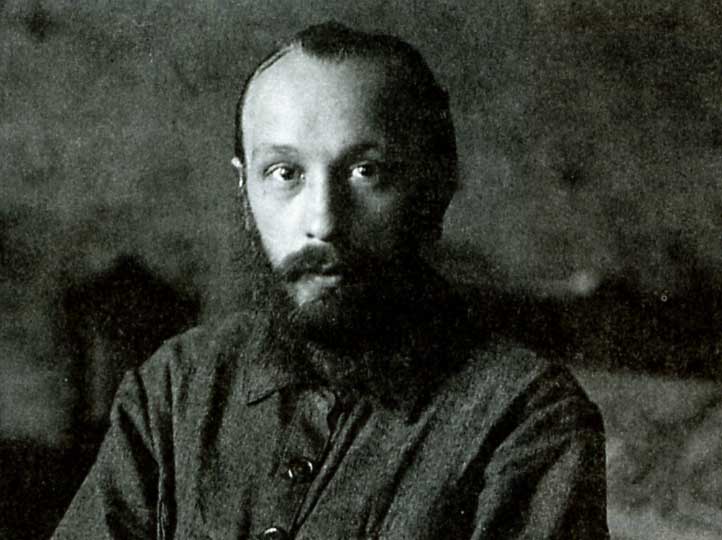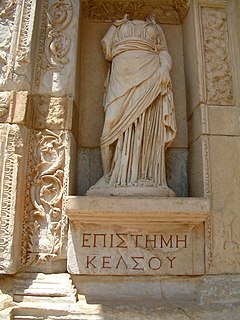Genre is any form or type of communication in any mode with socially-agreed-upon conventions developed over time. Genre is most popularly known as a category of literature, music, or other forms of art or entertainment, whether written or spoken, audio or visual, based on some set of stylistic criteria, yet genres can be aesthetic, rhetorical, communicative, or functional. Genres form by conventions that change over time as cultures invent new genres and discontinue the use of old ones. Often, works fit into multiple genres by way of borrowing and recombining these conventions. Stand-alone texts, works, or pieces of communication may have individual styles, but genres are amalgams of these texts based on agreed-upon or socially inferred conventions. Some genres may have rigid, strictly adhered-to guidelines, while others may show great flexibility.
Critical discourse analysis (CDA) is an interdisciplinary approach to the study of discourse, or put simply talk and text, that views language as a form of social practice. Scholars working in the tradition of CDA generally argue that (non-linguistic) social practice and linguistic practice constitute one another and focus on investigating how societal power relations are established and reinforced through language use. In this sense, it differs from discourse analysis in that it highlights issues of power asymmetries, manipulation, exploitation, and structural inequities in domains such as education.

Mikhail Mikhailovich Bakhtin was a Russian philosopher, literary critic, semiotician and scholar who worked on literary theory, ethics, and the philosophy of language. His writings, on a variety of subjects, inspired scholars working in a number of different traditions and in disciplines as diverse as literary criticism, history, philosophy, sociology, anthropology and psychology. Although Bakhtin was active in the debates on aesthetics and literature that took place in the Soviet Union in the 1920s, his distinctive position did not become well known until he was rediscovered by Russian scholars in the 1960s.

"Episteme" is a philosophical term derived from the Ancient Greek word ἐπιστήμη epistēmē, which can refer to knowledge, science or understanding, and which comes from the verb ἐπίστασθαι, meaning "to know, to understand, or to be acquainted with".
Intertextuality is the shaping of a text's meaning by another text. It is the interconnection between similar or related works of literature that reflect and influence an audience's interpretation of the text. Intertextual figures include: allusion, quotation, calque, plagiarism, translation, pastiche and parody. Intertextuality is a literary device that creates an 'interrelationship between texts' and generates related understanding in separate works. These references are made to influence the reader and add layers of depth to a text, based on the readers' prior knowledge and understanding. Intertextuality is a literary discourse strategy utilised by writers in novels, poetry, theatre and even in non-written texts. Examples of intertextuality are an author's borrowing and transformation of a prior text, and a reader's referencing of one text in reading another.

Valentin Nikolaevich Voloshinov was a Soviet/Russian linguist, whose work has been influential in the field of literary theory and Marxist theory of ideology.

Robert Franklin Barsky is a professor in the College of Arts and Sciences, and the Law School, at Vanderbilt University in Nashville, Tennessee. He is an expert on Noam Chomsky, literary theory, convention refugees, immigration and refugee law, borders, work through the Americas, and Montreal. His biography of Chomsky titled Noam Chomsky: A Life of Dissent was published in 1997 by MIT Press, followed in 2007 by The Chomsky Effect: A Radical Works Beyond the Ivory Tower, and then in 2011 by Zellig Harris: From American Linguistics to Socialist Zionism, all published by MIT Press. His most recent books are Undocumented Immigrants in an Era of Arbitrary Law and Hatched!, a novel.

The Archaeology of Knowledge is a 1969 methodological and historiographical treatise by the French philosopher Michel Foucault, in which he promotes "archaeology" or the "archaeological method", an analytical method he implicitly used in his previous works Madness and Civilization (1961), The Birth of the Clinic (1963), and The Order of Things (1966). It is Foucault's only explicitly methodological work.
Michel Pêcheux was a French linguist and philosopher. He is best known for his theoretical, experimental and practical contributions to the field of discourse analysis, starting in the late 1960s.
Indeterminacy, in philosophy, can refer both to common scientific and mathematical concepts of uncertainty and their implications and to another kind of indeterminacy deriving from the nature of definition or meaning. It is related to deconstructionism and to Nietzsche's criticism of the Kantian noumenon.
Dispositif is a term used by the French intellectual Michel Foucault, generally to refer to the various institutional, physical, and administrative mechanisms and knowledge structures which enhance and maintain the exercise of power within the social body.
In philosophy, genealogy is a historical technique in which one questions the commonly understood emergence of various philosophical and social beliefs by attempting to account for the scope, breadth or totality of discourse, thus extending the possibility of analysis, as opposed to the Marxist use of the term ideology to explain the totality of historical discourse within the time period in question by focusing on a singular or dominant discourse (ideology). Moreover, a genealogy often attempts to look beyond the discourse in question toward the conditions of their possibility. It has been developed as continuation of the works of Friedrich Nietzsche. For example, tracking the lineages of a concept such as 'globalization' can be called a 'genealogy' to the extent that the concept is located in its changing constitutive setting. This entails not just documenting its changing meaning (etymology) but the social basis of its changing meaning.

The Birth of the Clinic: An Archaeology of Medical Perception is a 1963 book by the French philosopher Michel Foucault. First published in French in 1963, the work was published in English translation by Alan Sheridan Smith in the United States in 1973, followed in the UK in 1976 by Tavistock Publications as part of the series World of Man edited by R. D. Laing. In continuous publication since 1963, the book has become a locus classicus of the history of medicine, with admirers and critics in equal measure.
Feminist post-structuralist discourse analysis (FPDA) is a method of discourse analysis based on Chris Weedon's theories of feminist post-structuralism, and developed as a method of analysis by Judith Baxter in 2003. FPDA is based on a combination of feminism and post-structuralism. While it is still evolving as a methodology, FPDA has been used by a range of international scholars of gender and language to analyse texts such as: classroom discourse, teenage girls' conversation, and media representations of gender. FPDA is an approach to analysing the discourse of spoken interaction principally.

Johannes Angermuller is a discourse researcher in linguistics and sociology. He is Professor of Discourse in the Centre for Applied Linguistics at Warwick (UK) and a member of CEMS/EHESS in Paris. He lives in London and Paris.









